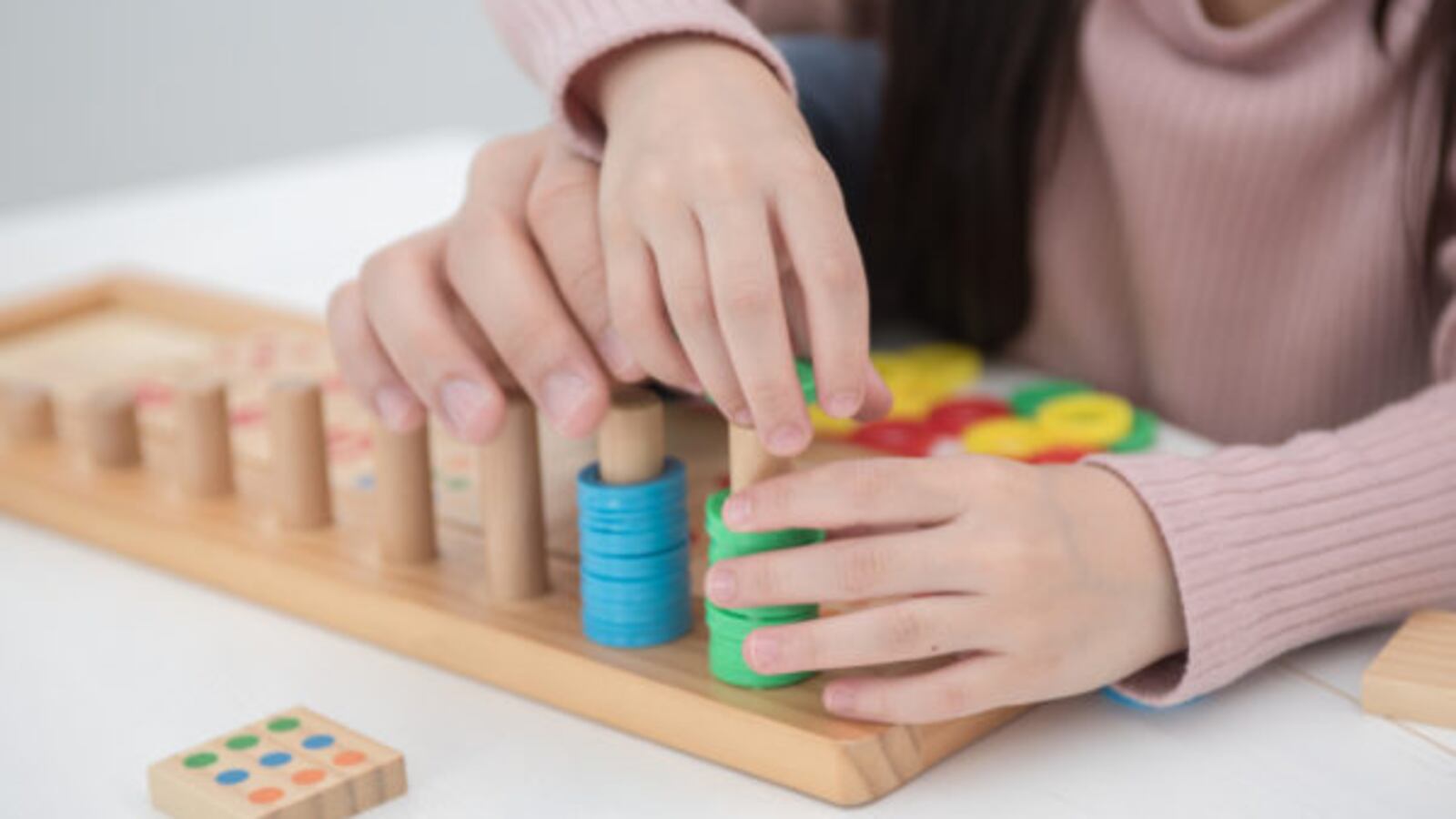Some charter schools could soon have access to special education services from Indianapolis Public Schools, allowing them to tap in to the expertise of the state’s largest district.
Indianapolis Public Schools is considering launching a cooperative that would allow a handful of innovation schools — which are run by outside operators, including charters — to pay the district to help educate special needs students. The move would be a significant step in the district’s development as a service provider to schools it doesn’t manage.
Although the details are not yet solidified, the cooperative could launch as soon as next school year, and five innovation schools are interested in participating. The plan is still in early development, but the board is expected to consider the final proposal sometime this spring.
While small charter schools may not be equipped to handle intense student needs, the district has the expertise and resources to help, said interim Superintendent Aleesia Johnson.
“It just makes sense for us to figure out ways in which students and families can access those services,” she said. “They are our students, so we need to make sure they are served well across all of our schools.”
The aim is to create a system where students get comparable special education regardless of their schools and costs are cut by sharing specialized educators, said Brent Freeman, who oversees special education for the district.
Some innovation schools already receive special education services directly from the district, such as the schools that voluntarily converted. But charter schools in the network are largely responsible for providing those services themselves. If the district begins offering special education services, it would be part of broader set of basic services such as food, busing, and custodians already available to certain innovation schools.
For some schools, providing special education services can be a challenge, Freeman said. If a student at an independent charter school needs to be in a life skills setting, for example, the school may have to build a setting specifically for that student. With a cooperative, the student would be able to attend an existing Indianapolis Public Schools life skills program, he said.
As school choice proliferates, there are questions around whether all schools are serving students with special needs. Like all public schools, Indiana charter schools are required to educate children who need special education services. But critics of charter schools often argue that they push out students with special needs, boosting their own test scores and avoiding costly interventions.
While some charter schools say they can better cater to individual students, some critics wonder whether standalone charter schools can afford to provide the level of special education services that larger districts have historically provided.
Indianapolis Public Schools has not yet settled on precisely which services the cooperative might cover. Some services could include placements in therapeutic mental health settings or classrooms for students with intensive emotional or cognitive disabilities, Freeman said.
“Then we’re talking about services like audiology that are more obscure and hard for a single site to provide, but in a district of our size we can provide,” he added. Audiologists work with students with hearing problems.
Just how schools will pay for the services the district provides is also uncertain. One option would be for them to pay a set fee, like health insurance, where the cost of expensive services are shared across the schools. Another would be for schools to only pay for the services they need. The most likely option, Freeman said, would be a hybrid model with a base fee and additional costs for intensive services.
These are the schools that are interested in joining the first year:
- Ignite Achievement Academy at School 42
- Matchbook Learning at School 63
- Emma Donnan Elementary School
- URBAN ACT Academy at School 14
- Kindezi Academy at School 69

